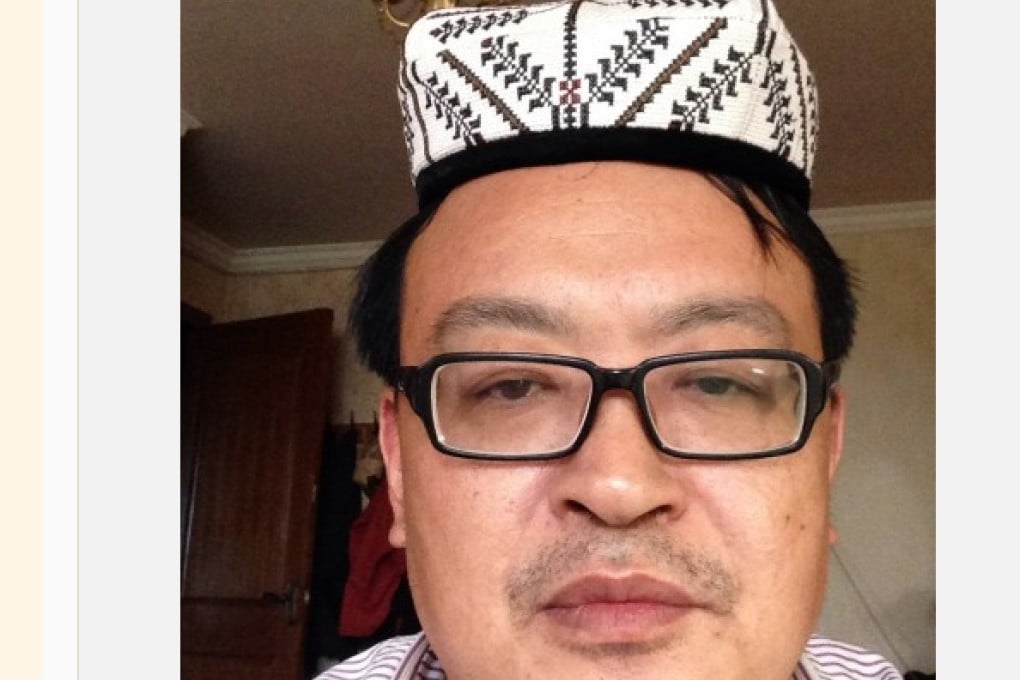One Chinese journalist's gesture of solidarity with Uygurs draws support amid ethnic tensions
By this week, Yang has passed through security checks at train stations and airports in Shanghai, Hangzhou, and Shenzhen wearing a ‘doppa’

Yang Haipeng, a Shanghai-based Chinese journalist, recently decided he would wear a traditional Uygur hat at security checkpoints as a gesture of support for the minority ethnic community, who are often subjected to stringent and even “humiliating” scrutiny in their own country.
Yang, who is of Han Chinese roots, has lived up to his pledge. By this week, he has passed through security checks at train stations and airports in Shanghai, Hangzhou, and Shenzhen wearing a ‘doppa’ – as the traditional Uygur headware is called – a controversial act that has landed him applause from both Han Chinese and ethnic Uygurs.
The journalist says he took inspiration from former US president George HW Bush, who earlier this year shaved his head in support of a two-year-old boy battling leukaemia.
A veteran investigative journalist and enthusiastic microblogger, Yang first revealed his “resolution” on Weibo on November 2, days after a terrorist attack in Tiananmen Square killed five and injured 38.
China’s government has blamed that attack on Uygur “terrorists” from Xinjiang backed by international militants. This has prompted fears among Beijing’s Uygur community that their daily lives could be disrupted with increased mistrust building among the capital’s Han majority. The authorities have since stepped up security checks against ethnic groups in Xinjiang and other major cities, according to reports.
“My Uygur brothers, if you feel humiliated by excessive security checks, please know a Han Chinese person is willing to go through this with you,” Yang wrote. He also published a photo of him wearing a doppa he had ordered from Taobao, China’s popular online retail store.